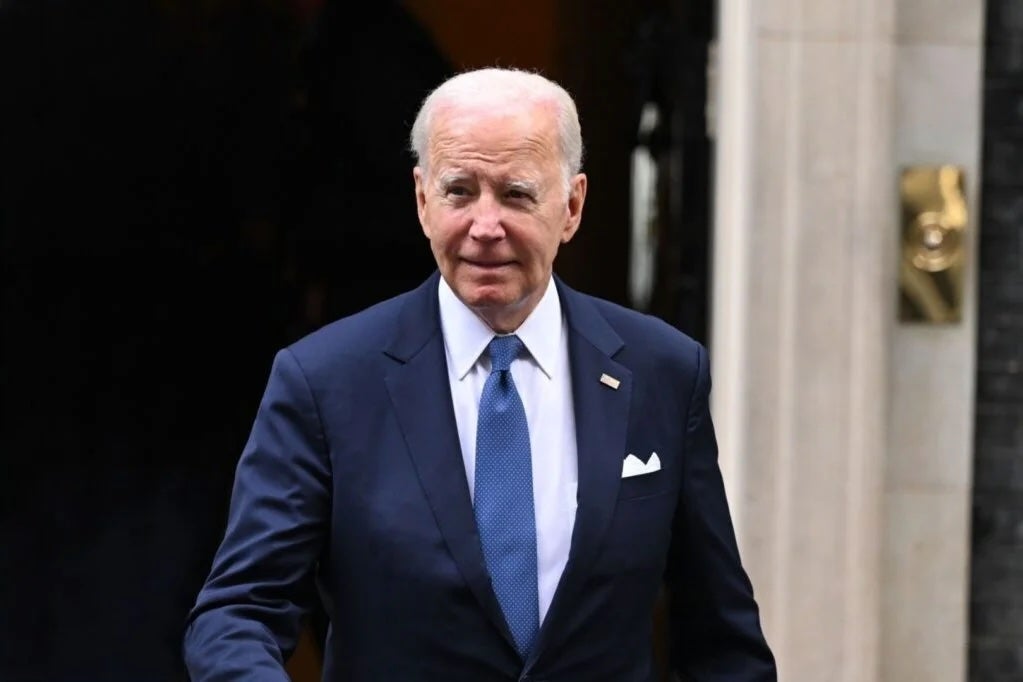Unpacking the White House’s Chip Export Restrictions: A Clash Between Biden and Nvidia’s Jensen Huang
In a landscape increasingly dominated by artificial intelligence and advanced computing technologies, the Biden administration’s recent chip export restrictions have stirred a pot of controversy, particularly in its dealings with Nvidia, a leading player in the semiconductor industry. At the helm of Nvidia is CEO Jensen Huang, a visionary whose ambitions for AI innovation are now at odds with governmental regulations aimed at national security. This article delves into the implications of these restrictions, their impact on Nvidia’s operations, and the broader effects on the AI landscape.
Understanding the Chip Export Restrictions
The Biden administration’s chip export restrictions are primarily aimed at curbing the flow of advanced semiconductor technology to countries perceived as threats to U.S. national security, most notably China. These measures are part of a broader strategy to maintain technological superiority and safeguard sensitive technologies that could potentially be used for military applications.
Under these restrictions, companies like Nvidia are required to obtain licenses before exporting certain high-performance chips, particularly those used in AI applications and data centers. This has raised significant concerns within the tech community, as these chips are crucial for various applications ranging from data processing to autonomous vehicles.
The Tension Between Biden and Jensen Huang
Jensen Huang has been vocal about the implications of these export restrictions on Nvidia’s business model and the global tech ecosystem. As a company that thrives on innovation and global partnerships, Nvidia relies heavily on its ability to sell advanced chips worldwide. The restrictions not only limit Nvidia’s market access but also hinder its ability to collaborate with international partners in AI research and development.
Huang has expressed frustration with these regulations, arguing that they could stifle innovation and give an edge to competitors not bound by such restrictions. In a recent conference, he stated, “Innovation thrives on collaboration. If we isolate ourselves, we risk falling behind in the global race for technological leadership.” This sentiment echoes a growing concern among tech leaders who believe that excessive regulation could hinder progress in critical sectors.
The Implications for Nvidia’s Operations
For Nvidia, the chip export restrictions present a multifaceted challenge. Here are some key implications:
- Market Access: The need for licenses can slow down the sales process and create uncertainty in revenue forecasts. This is particularly detrimental in a fast-paced industry where time-to-market is crucial.
- Increased Costs: Licensing processes may introduce additional costs and bureaucratic hurdles, diverting resources away from research and development.
- Global Partnerships: The restrictions could strain Nvidia’s relationships with international clients and partners, affecting collaborative projects that are vital for innovation.
Broader Impact on the AI Landscape
The chip export restrictions extend beyond Nvidia and present broader implications for the AI landscape. Here’s how:
- Innovation Slowdown: Limiting access to advanced chips could slow the pace of AI development globally, particularly in regions that heavily rely on these technologies for research and application.
- Geopolitical Tensions: The restrictions may exacerbate existing geopolitical tensions, particularly between the U.S. and China, as both nations vie for dominance in AI and technology.
- Shift in Competitive Advantage: Other countries and companies could seize the opportunity to fill the void left by U.S. companies, potentially altering the global market dynamics.
The Future of Nvidia and AI Technology
Looking ahead, Nvidia’s path will depend significantly on how the Biden administration navigates the balance between national security and technological innovation. As the landscape evolves, several potential scenarios could unfold:
- Negotiations for Flexibility: Nvidia may seek to negotiate with the government for more flexible licensing agreements that allow for continued international collaboration without compromising national security.
- Focus on Domestic Innovation: In response to the restrictions, Nvidia might prioritize domestic markets and develop technologies that comply with U.S. regulations, potentially leading to a surge in local innovation.
- Global Alliances: Nvidia could forge new alliances with like-minded companies in other countries to bolster its research capabilities and mitigate the impact of export restrictions.
Conclusion
The clash between the Biden administration and Nvidia’s Jensen Huang highlights the complex interplay between national security, innovation, and global competition in the tech industry. While the chip export restrictions aim to protect U.S. interests, they also pose challenges that could dampen innovation and collaboration in the AI landscape. As these dynamics continue to unfold, it will be crucial for stakeholders to engage in dialogue that balances security concerns with the need for technological advancement. The future of AI, and indeed the global tech ecosystem, may very well hinge on finding that delicate balance.
In the end, the outcome of this clash is not just a matter of corporate interests; it reflects broader themes of cooperation and competition in an increasingly interconnected world. As we unpack the implications of these export restrictions, one thing is clear: the stakes are high, and the world is watching closely.
See more Future Tech Daily

